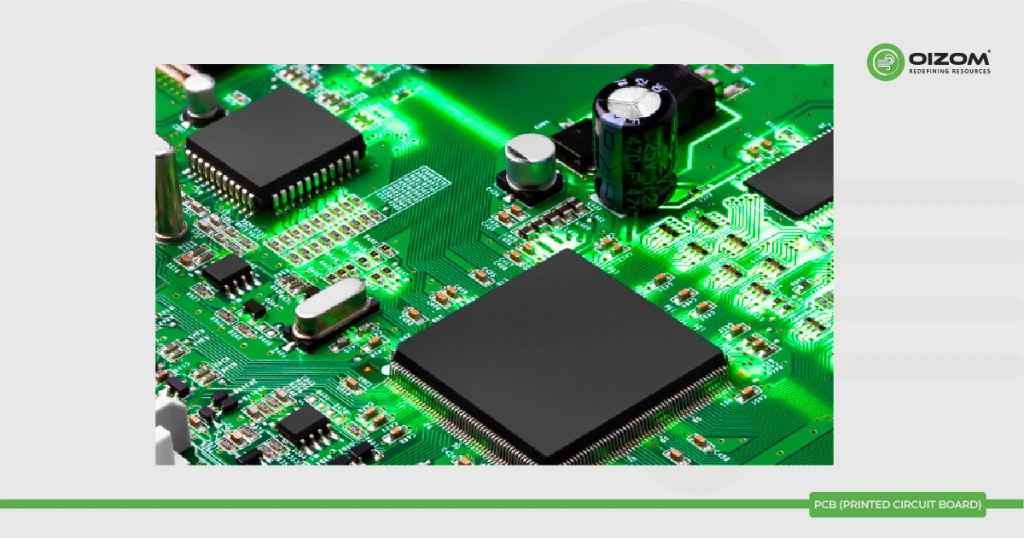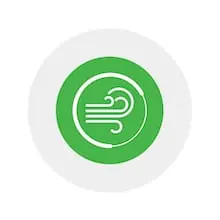Find the terms by letter
PCB
Definition
PCB (Printed Circuit Board): A PCB, or printed circuit board, is a fundamental component in electronic devices. It is a flat board made of non-conductive material, typically fiberglass, with electrical conductors and connections etched or printed onto its surface. PCBs provide a platform for mounting and interconnecting various electronic components, such as integrated circuits, resistors, capacitors, and connectors, to create functional electronic circuits. They are essential for the construction and assembly of electronic devices, from small consumer electronics to complex industrial systems.
Definition and Description
PCB stands for “Printed Circuit Board.” It is a fundamental component in many electronic devices. A PCB is a flat board made of insulating material, typically fiberglass, epoxy, or some other composite material, with conductive pathways etched or printed onto its surface. These conductive pathways are usually made of copper, which is used because of its excellent electrical conductivity. The primary purpose of a PCB is to provide mechanical support and a platform for interconnecting various electronic components, such as resistors, capacitors, integrated circuits, and connectors, in a compact and organized manner. It simplifies the assembly process of electronic devices and ensures that the electrical connections between components are reliable and consistent.




